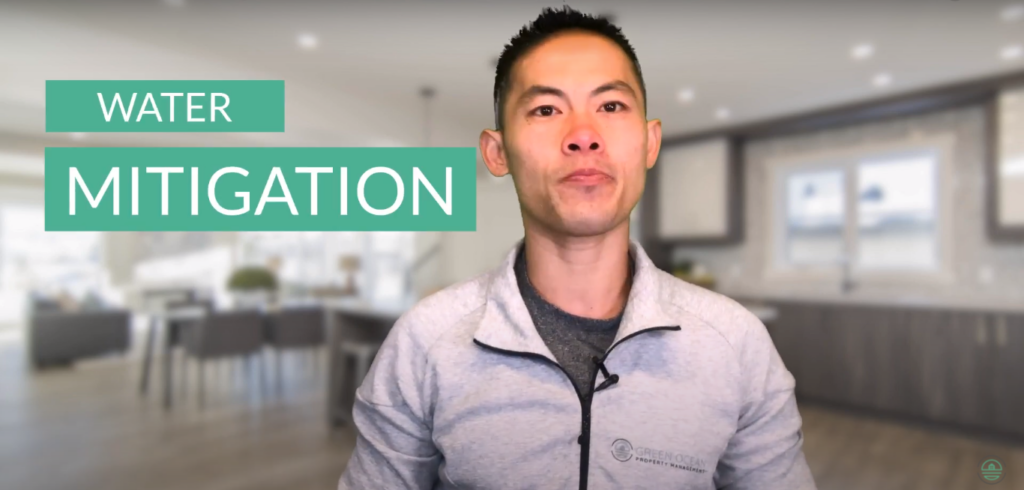Understanding Tenant Move-in Fees
Landlords usually charge a specific rate when a tenant signs a new lease. The tenant move-in fees typically cover the costs of accommodating and processing new tenants, including touch-ups and minor changes such as changing directories and reprogramming security systems. Furthermore, one of the first steps to understanding tenant move-in fees is…

Landlords usually charge a specific rate when a tenant signs a new lease. The tenant move-in fees typically cover the costs of accommodating and processing new tenants, including touch-ups and minor changes such as changing directories and reprogramming security systems. Furthermore, one of the first steps to understanding tenant move-in fees is that they should not be confused with the security deposit.
Different states have different rules
In Massachusetts, the maximum amount you can collect falls under three things. First, the first month’s rent, which is the first month they move in. Next is last month’s rent, which would be the last month of the lease term that you accept. Lastly, you have the security deposit, which is equivalent to one month’s rent.
In addition, you will be able to charge a key deposit or charge a fee. And that’s it. You can’t charge anything else: you can’t charge application fees, pet fees, lease creation fees – nothing of that nature. Only those three months plus the key deposit charge fee.
If you collect anything in advance and you have a tenant that says, “We will pay six months of rent in advance,” you can’t do that, and you would be liable for it, and in Massachusetts, you would be breaking the Housing Laws.
Again, that’s a basic understanding of what tenant move-in charges are in Massachusetts, where you can collect. It is definitely important to refer to your state laws beforehand. Knowing the state laws will help you determine how much you can collect in advance; more importantly, it will let you know how you ought to handle those funds.
Our commitment
If you or anyone else you know is looking for a proactive property manager that will guide you in understanding tenant move-in fees better, please think of Green Ocean Property Management: where you get more than a property manager, you get peace of mind.
How We Pay our Landlords
There are different ways in which landlords or property managers collect rent from their tenants. In today’s article, we share with you the most effective strategy we use to pay our landlords here at Green Ocean Property Management. Many landlords who have been managing their properties themselves are very used to either getting checks,…
Do Property Managers Need License in Massachusetts?
Do property managers really need license to manage properties in the state of Massachusetts? Read on to find out. They DO NOT need license Technically the answer is NO because there are no federal or state regulations that require a license. It is unlike real estate, in which we have to get either…
How We Do Water Mitigation
Nobody likes waterfloods. Unfortunately, if that happens, you don’t know which is more annoying: cleaning up and drying out everything that got wet or dealing with the insurance company to justify the work that needs to get done. Here, we talk all about those and how we do water mitigation at Green Ocean Property…









